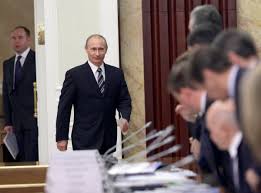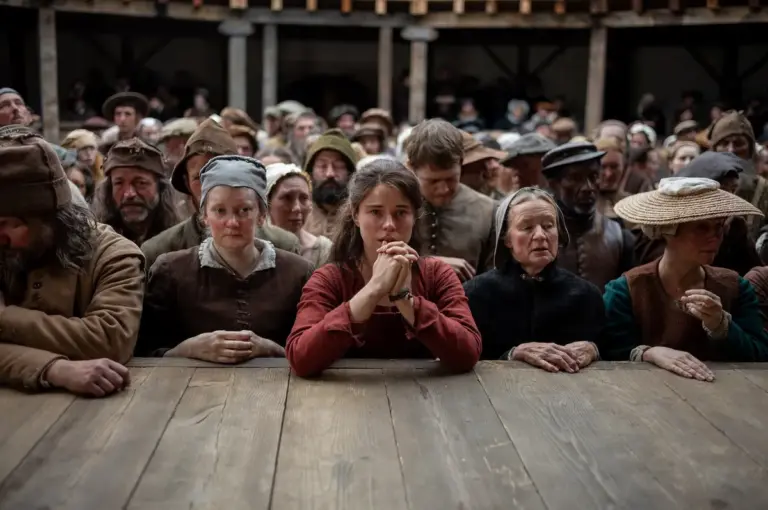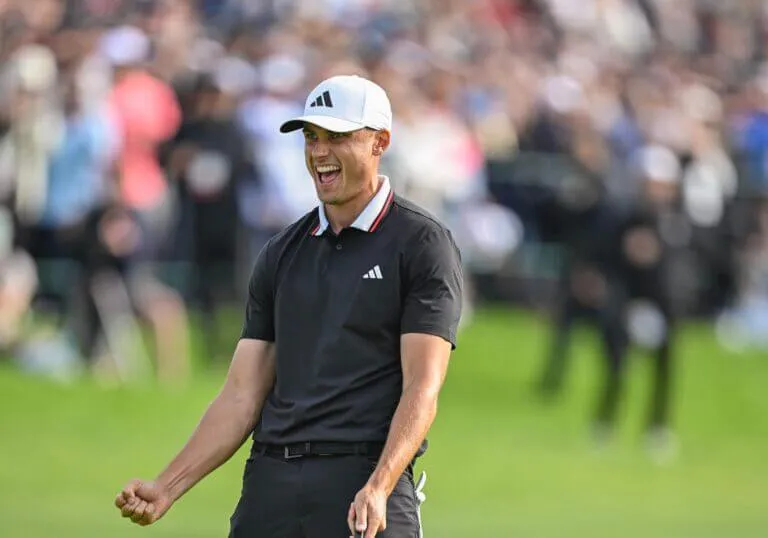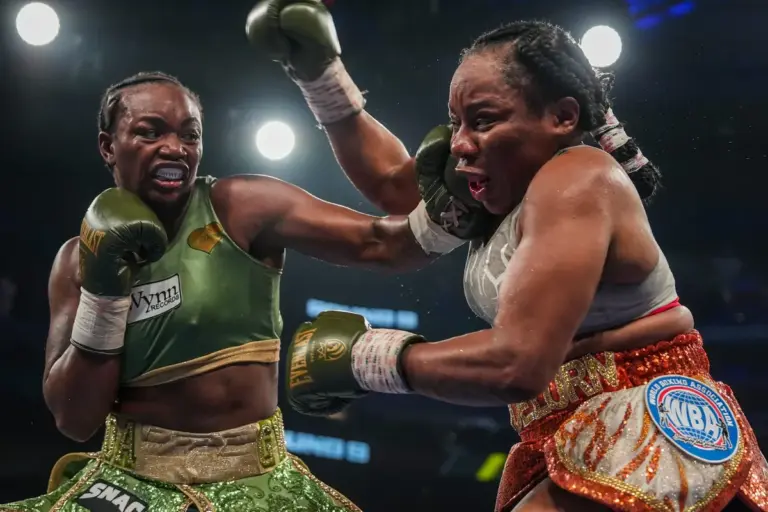
Introduction
Vladimir Putin, the President of Russia, has been a significant figure on the global stage for over two decades. His leadership and policies have not only influenced Russia but have far-reaching implications for international relations, security, and global economics. As the world grapples with pressing issues such as the Ukraine conflict and energy crises, understanding Putin’s approach and strategy becomes crucial for both policymakers and citizens alike.
The Current Climate
Since Russia’s invasion of Ukraine in February 2022, tensions between Russia and the West have escalated dramatically. Economic sanctions imposed by the United States, European Union, and several other countries are crippling Russia’s economy, leading to inflation and an exodus of foreign businesses. In contrast, Putin has sought to strengthen ties with allies like China and India, focusing on alternative markets. In his recent speeches, Putin has emphasized the importance of sovereignty and a multipolar world, criticizing what he perceives as Western hegemony.
Domestic Challenges
While Putin maintains a firm grip on power, domestic challenges are mounting. Public discontent is growing due to declining living standards and economic hardship. Anti-war protests have emerged, although the Kremlin has cracked down on dissent and free speech. The arrest of prominent figures and activists indicates a tightening control over political opposition. As the situation evolves, it remains to be seen whether public sentiment can shift the balance of power within Russia.
International Reactions and Forecasts
The global reaction to Putin’s actions has varied, with many countries firmly opposing the invasion of Ukraine and supporting sanctions, while others have sought to maintain neutrality. Analysts believe that Putin is navigating a precarious path; the effectiveness of sanctions may impact his decision-making. Furthermore, long-term projections suggest that increased isolation may affect Russia’s military investments and social stability.
Conclusion
Vladimir Putin’s role in shaping current geopolitical dynamics cannot be understated. As tensions rise in Europe and connections with non-Western nations grow, the implications for global economics and security are profound. Understanding Putin’s strategies and the potential shifts in public sentiment within Russia will be crucial in anticipating future developments. As we move toward an increasingly multipolar world, the responses to Putin’s leadership will define international relations for years to come.



